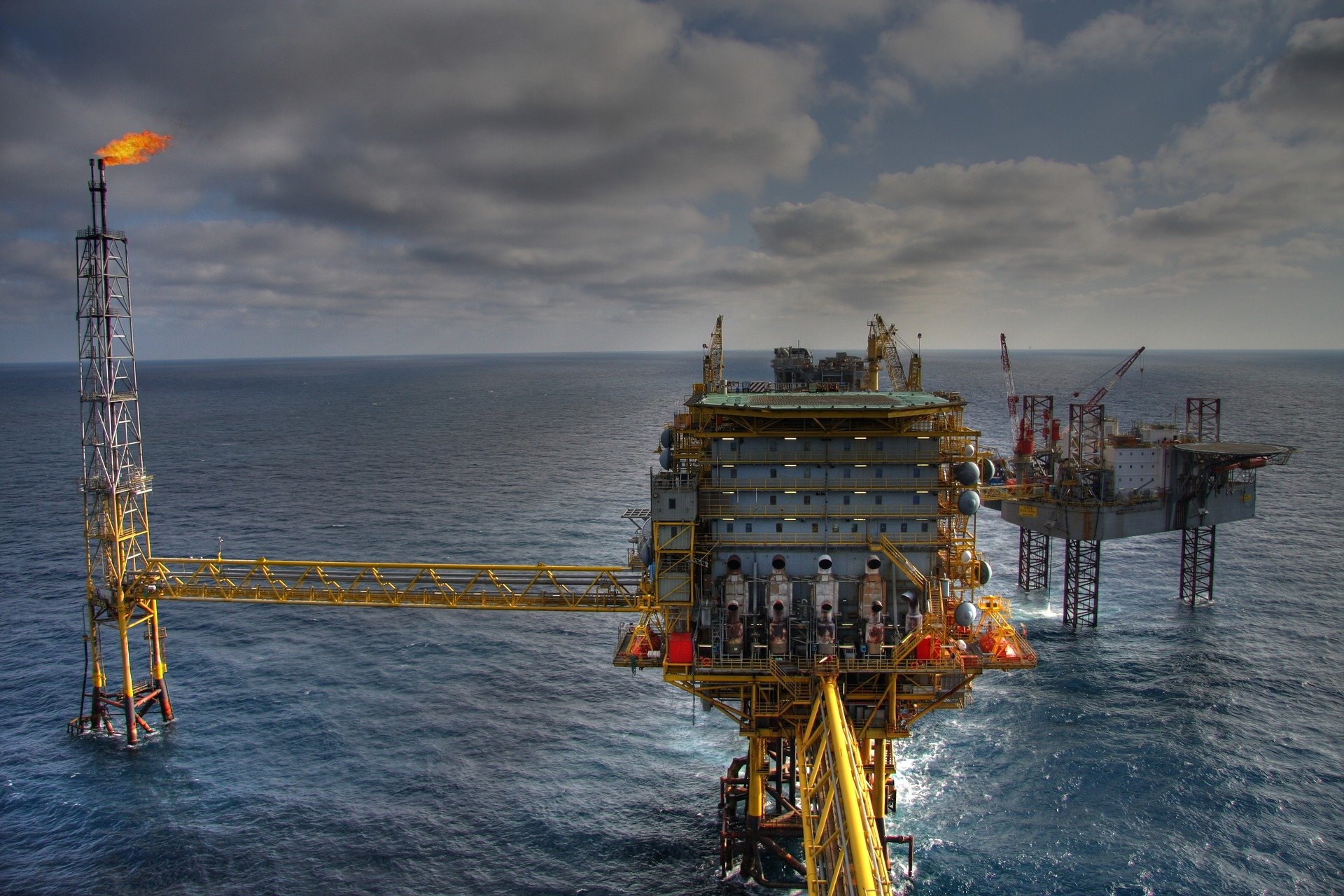What is the problem?
The EU and its member states have vowed to take stronger climate action to reduce the climate impact of the transport sector. The EU Commission launched the Fitfor55 package as part of the European Green Deal, which proposes, for example, a more robust CO2 standard for cars and vans, new targets for both electric charging points, an end to aviation’s tax holiday, and it will make shipping finally pay for its pollution.
However, the package still leaves the door open for the fossil industry to survive in the move to a decarbonised world and some of the proposed measures are not robust enough to deliver the required GHG emissions reductions if we are to meet the 1.5 degree goal under the Paris Agreement.
The question is: who is behind this?
The fossil fuel industry is the short answer. And we have in particular seen how the European oil companies such as BP, Shell, Total, Eni and Repsol are trying to carve themselves a space in the move to a decarbonised transport sector by claiming they are no longer connected to environmental destruction and human rights violations caused by oil exploration and exploitation.
They are promoting their work on more ‘efficient’ and ‘cleaner’ products, optimizing refineries and drilling techniques, and how they are part of the solution and in power. But the reality is this is the last desperate attempt by a dying industry, seeking to maintain its power and generate further profits.
What is happening:
European oil companies are making use of various tactics to maintain their influential and privileged position in the move towards a decarbonised future.
In Europe, the so called oil majors: BP, Shell, Total, Eni and Repsol portray themselves as part of the solution to climate change by publishing green pledges and net zero commitments, advertising low carbon alternatives for the transport sector, such as hydrogen with CCS, biofuels, and natural gas. All this while providing limited investments in renewables and electric vehicles’ (EV’s) charging infrastructure.
They remain present in the daily lives of consumers by monopolising and branding through gas stations including loyalty programmes, using media and advertisement to promote alternative fuels, sponsoring public events and institutions. They invest in lobbying – often through third parties – in order to avoid or slow down threatening ‘green’ policy measures. They cast doubt on EV’s as an alternative to the oil dependent ICE car by spreading narratives in political and public debate.
T&E ‘s Beyond Oil Campaign exposes the oil majors’ attempts to become part of a decarbonised future, how they are trying to rebrand themselves as ‘green’ and being part of the solution, yet at the same time are either blocking or attempting to slow down EU legislative processes, such as the European Green Deal. Or they promote low carbon and offsetting measures over absolute GHG emissions reductions.
